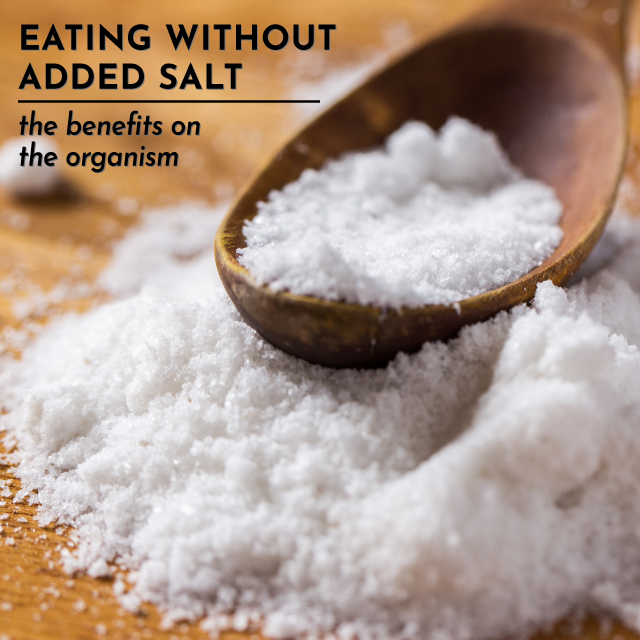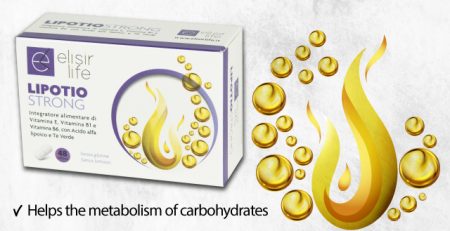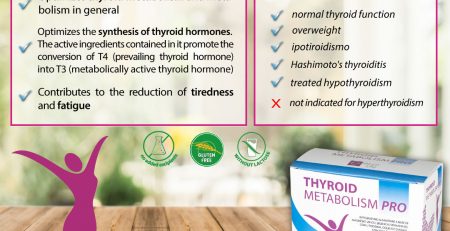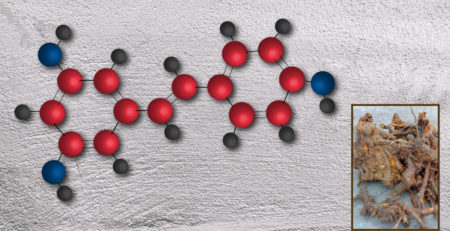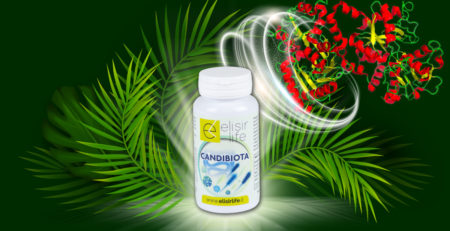Eating without added salt: benefits to the body.
Salt (or sodium chloride) is an excellent food preservative. In addition to giving a little extra flavor to each dish, iodized sea salt contributes to the smooth functioning of the thyroid gland.
In addition, the sodium contained in the salt is essential for the smooth functioning of the lymphatic system and the delicate chemical processes of the cells.
However, significantly reducing the consumption of salt in your food routine is a safe and recommended way to improve the health of the cardiovascular system and ward off the risk of serious clinical manifestations. Containing the use and consumption of salt in the diet is a seemingly small gesture.
In fact, it contributes in a fundamental way to the general well-being of the organism!
To ensure a smooth functioning of the heart, each individual should consume no more than 5 grams of sea salt per day, preferably iodized. Within this amount, should fall both the salt added intentionally to food and that present in pre-packaged foods.
Salt should not be completely eliminated from the diet, because the sodium it contains is fundamental in some chemical processes that take place within the body.
Surely, eating without salt (or, better, drastically reduce its presence in the dish) brings great benefits to the body:
- lowers blood pressure and decreases the occurrence of heart attack and stroke;
- improves the functionality of the heart, blood vessels and kidneys;
- increases bone strength;
- reduces water retention.
Not only is too much salt bad for health, but it is also the enemy of our silhouette: in addition to causing hateful blemishes such as cellulite, it stimulates the secretion of a hormone, ghrelin, that increases appetite.

